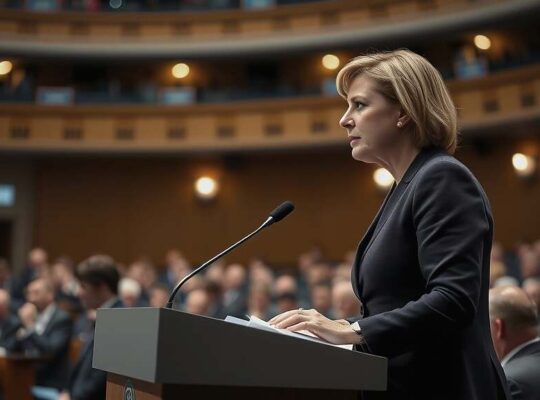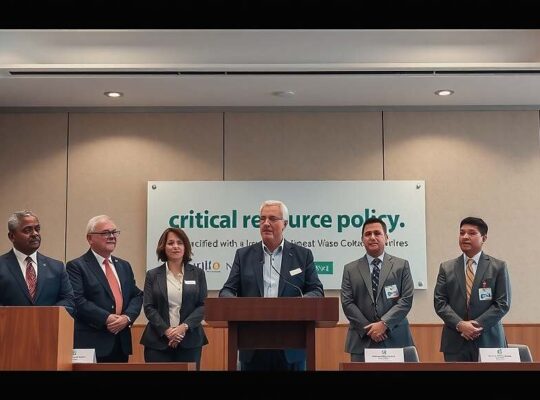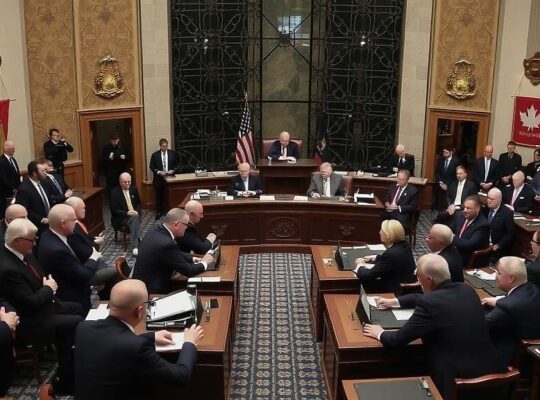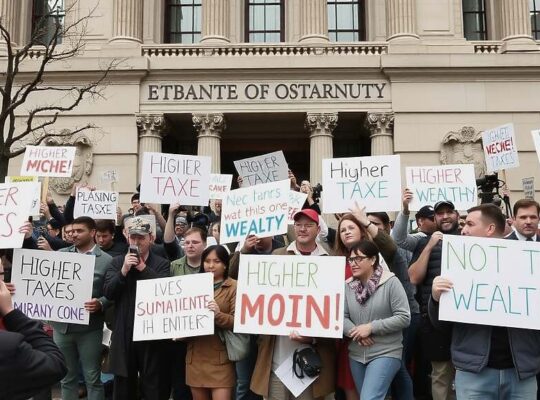Economic historian Harold James is cautioning against the potential for a currency crisis should the Trump administration attempt to engineer a dollar devaluation. In an interview with Capital magazine, Professor James of Princeton University warned that such a move, particularly given the United States’ existing high level of debt, could deter foreign investment in U.S. securities.
He explained that devaluation would likely trigger rising interest rates and increase the burden of servicing national debt, a cost which he notes already surpasses defense spending. Pursuing a policy of devaluation under these conditions, James argued, could destabilize the U.S. fiscal system.
The Trump administration’s recent threats of tariffs have been interpreted by some as part of a strategy to pressure other nations into contributing to a dollar devaluation, thereby boosting the competitiveness of American-made goods. However, Professor James believes that the current U.S. policies are more likely to benefit Europe in the medium term.
He points to a shift in capital markets away from the United States and toward Europe, attributing this trend to Europe’s perception as a haven of stability. This pressure emanating from the United States, James suggests, may even accelerate the pace of reform within the European Union.
“The developments in the United States will accelerate many things in Europe” he stated, citing the long-stalled banking and capital markets union as a potential beneficiary. Moreover, he anticipates a strengthening and improved coordination of defense spending across the EU as a consequence.












